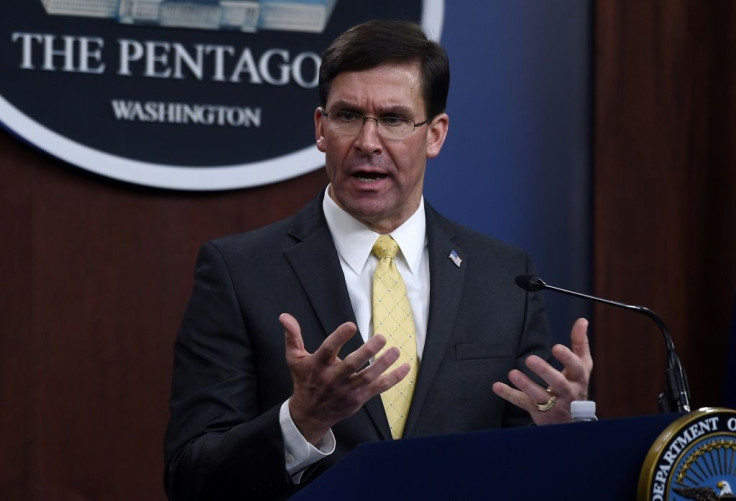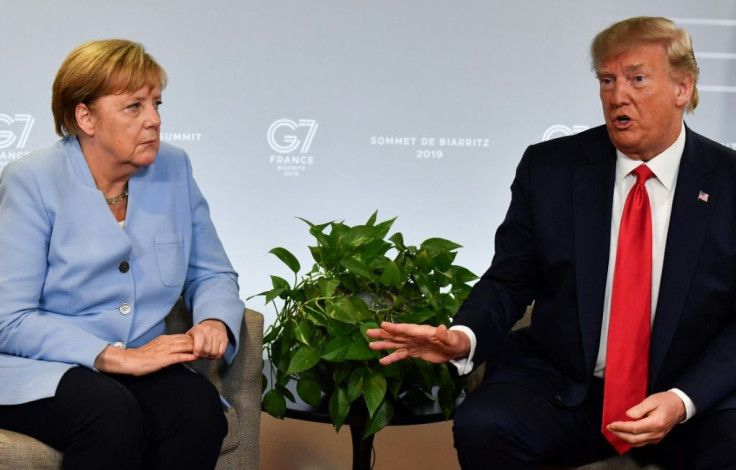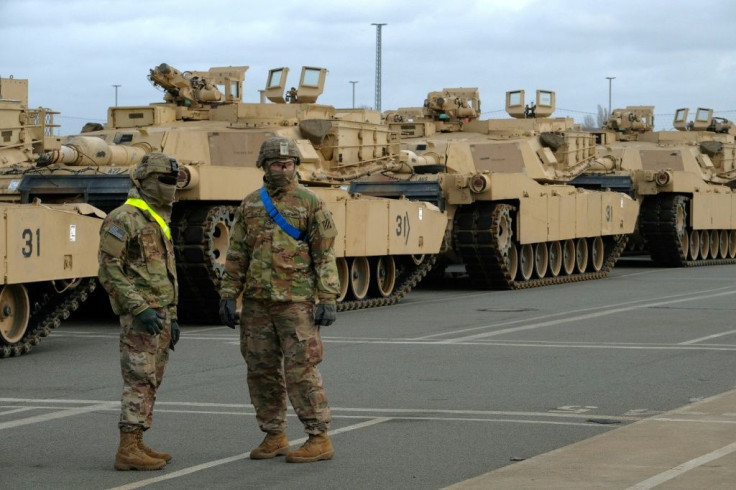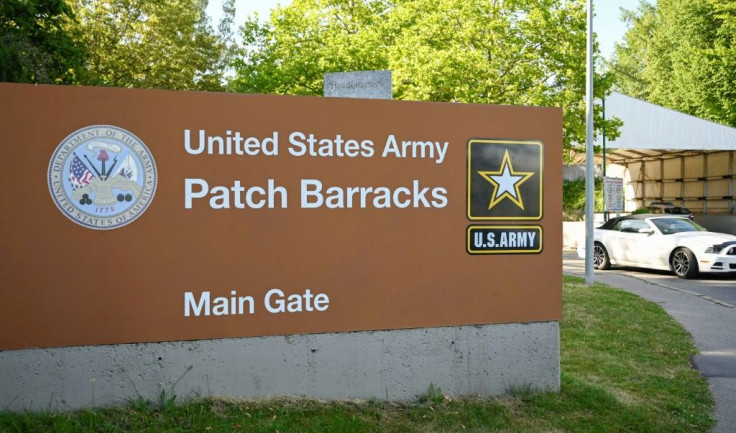US To Withdraw Nearly 12,000 Troops From Germany
The United States will slash its military presence in Germany by 11,900 troops in what the Pentagon on Wednesday called a "strategic" repositioning, but President Donald Trump said was to punish Berlin for its weak defense spending.
US Defense Secretary Mark Esper said that the Pentagon will be sending home about 6,400 of its military personnel in Germany, and move nearly 5,600 to other NATO countries, including Italy and Belgium.
Some could also be relocated to Poland and the Baltic countries if Washington can reach agreements with them, he said.

The move, which will cost the US government several billion dollars, will cut the presence of US military personnel in Germany to around 24,000.
Esper stressed that the action is part of his broader plan to reposition US military forces globally to better address the key threats from Russia and China.
"The repositioning of our forces in Europe constitutes a major strategic and positive shift," Esper said.
"These changes will unquestionably achieve the core principles of enhancing US and NATO deterrence of Russia; strengthening NATO; reassuring allies; and, improving US strategic flexibility," he said.

But at the White House, Trump told reporters that Germany has not paid its fair share for the defense of Europe.
"We don't want to be the suckers anymore.... We're protecting Germany, so we're reducing the force because they're not paying the bills," said the US leader.
In moves that could begin within weeks, some US command operations currently in Germany will be moved to Belgium and Italy.
The Pentagon also will move an F-16 fighter squadron from Germany to Italy, to help protect NATO's southeastern flank near the Black Sea.

The city of Stuttgart will lose the US European Command headquarters and Special Operations Command Europe to Belgium.
Some Stryker armored assets will be rotated in southeastern Europe, while another command unit and US troops could be rotated into Poland, if Warsaw signs a cooperation agreement crafted by Trump and Polish President Andrzej Duda in June.
Meanwhile, the planned relocation of 2,500 US air force personnel from Britain to Germany has been cancelled.
The German government was cautious in its reaction to the move, expected since June.

"The federal government is taking note of this decision and will closely coordinate for a further implementation with the (German) federal states, the US government and within NATO," the foreign and defense ministries said in a joint statement.
"We have been and are proud to host US troops," tweeted Germany's ambassador to the United States, Emily Haber.
NATO Secretary General Jens Stoltenberg said Esper's announcement "underlines the continued commitment by the United States to NATO and to European security."
"As we face a more unpredictable world, we are stronger and safer when we stand together," he said.
But others criticized the strategic value and justification for the move.
"This is a self-inflicted wound by President Trump against American interests," said US Democratic Senator Jack Reed.
The moves "lack a strategic rationale, weaken our allies' confidence in the reliability of US defense commitments, and serve to embolden (Russian President Vladimir) Putin's efforts to divide the alliance," he said.
Esper denied that the move was the result of Trump's unhappy relationship with German Chancellor Angela Merkel.
Amid rising political and trade tensions between the two countries, Trump abruptly announced plans for the cut in June, after Merkel rejected his plan to convene the Group of Seven leaders in Washington.
Merkel cited the ongoing coronavirus threat, while at the time, Trump maintained the virus's spread was in decline. On Wednesday the US death toll topped 150,000.
Angered, Trump postponed the summit and said he would expand the group to include Russian President Vladimir Putin, who was expelled after Moscow's seizure of Ukraine's Crimea region on the Black Sea in 2014.
The withdrawal could have a significant economic impact in Germany, where tens of thousands of US troops have been stationed since the end of World War II.
"The US administration under president Trump is rushing to break off the close relationship built over decades, in a punitive action against an ally," said Stuttgart Mayor Fritz Kuhn.
Roger Lewentz, interior minister of Rhineland-Palatinate which hosts 18,500 US soldiers, said it would cost jobs and deal a "heavy blow" to the western German region.
© Copyright AFP 2024. All rights reserved.





















